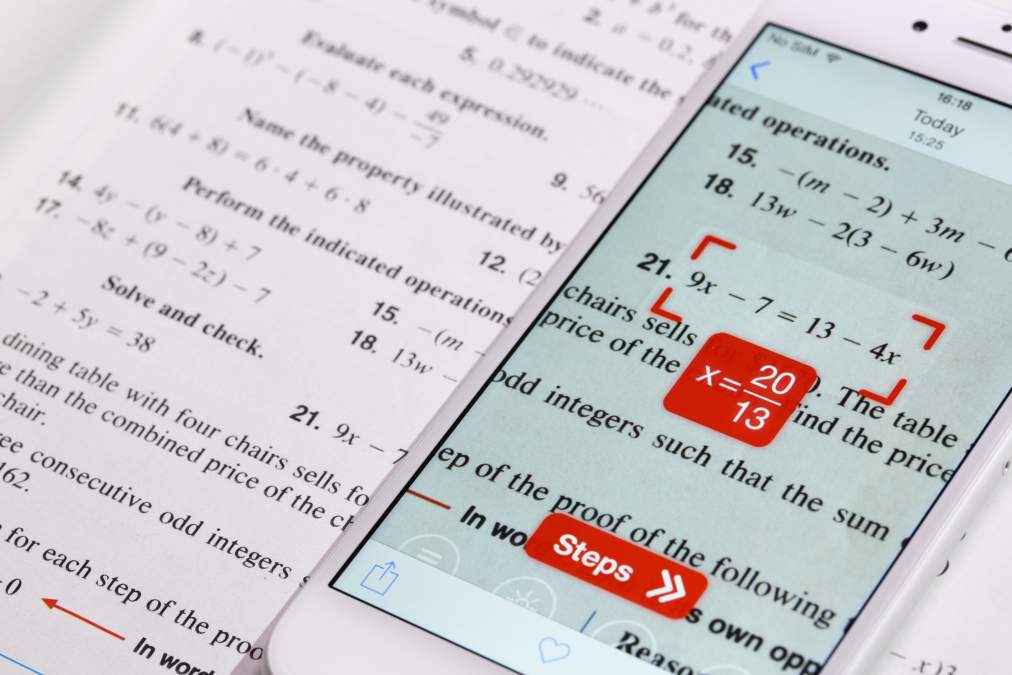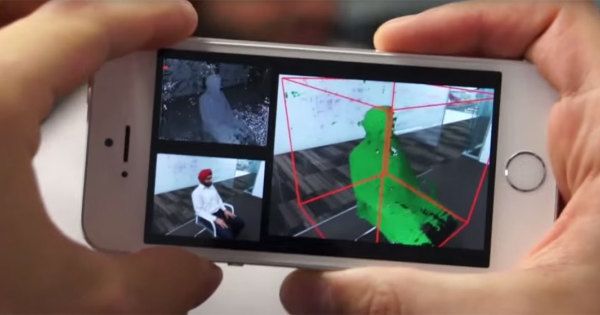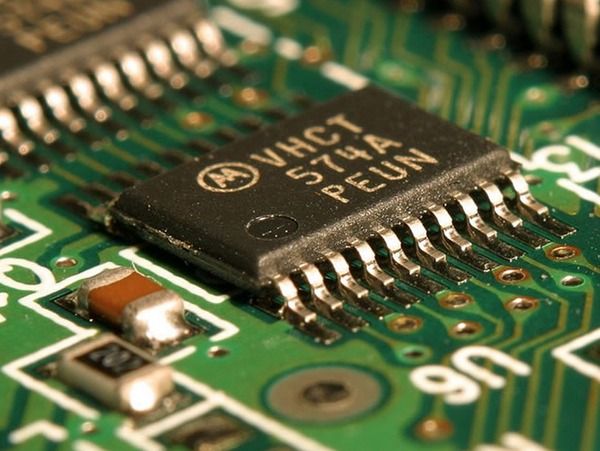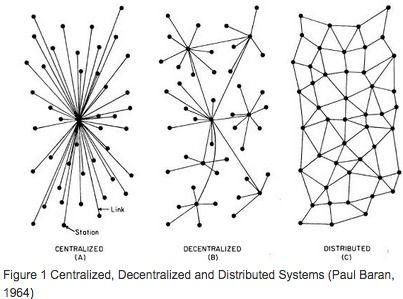Aug 30, 2015
This App Can Scan and Solve Math Equations Instantly
Posted by Shailesh Prasad in categories: information science, mobile phones
A viral video about a new app looks like a dream come true for anyone who struggles with math.
Based on the promo clip, PhotoMath, dubbed a “smart camera calculator,” appears to use smartphone cameras to scan a photo of a math equation in a textbook and display the answer instantly — similar to apps that scan barcodes and takes users to a link in a web browser. It looks like the app can also show step-by-step instructions for solving the problem.
PhotoMath’s parent company MicroBLINK launched the app this week at TechCrunch Disrupt Europe in London, TechCrunch reports. It is available in the App Store on iTunes.
















